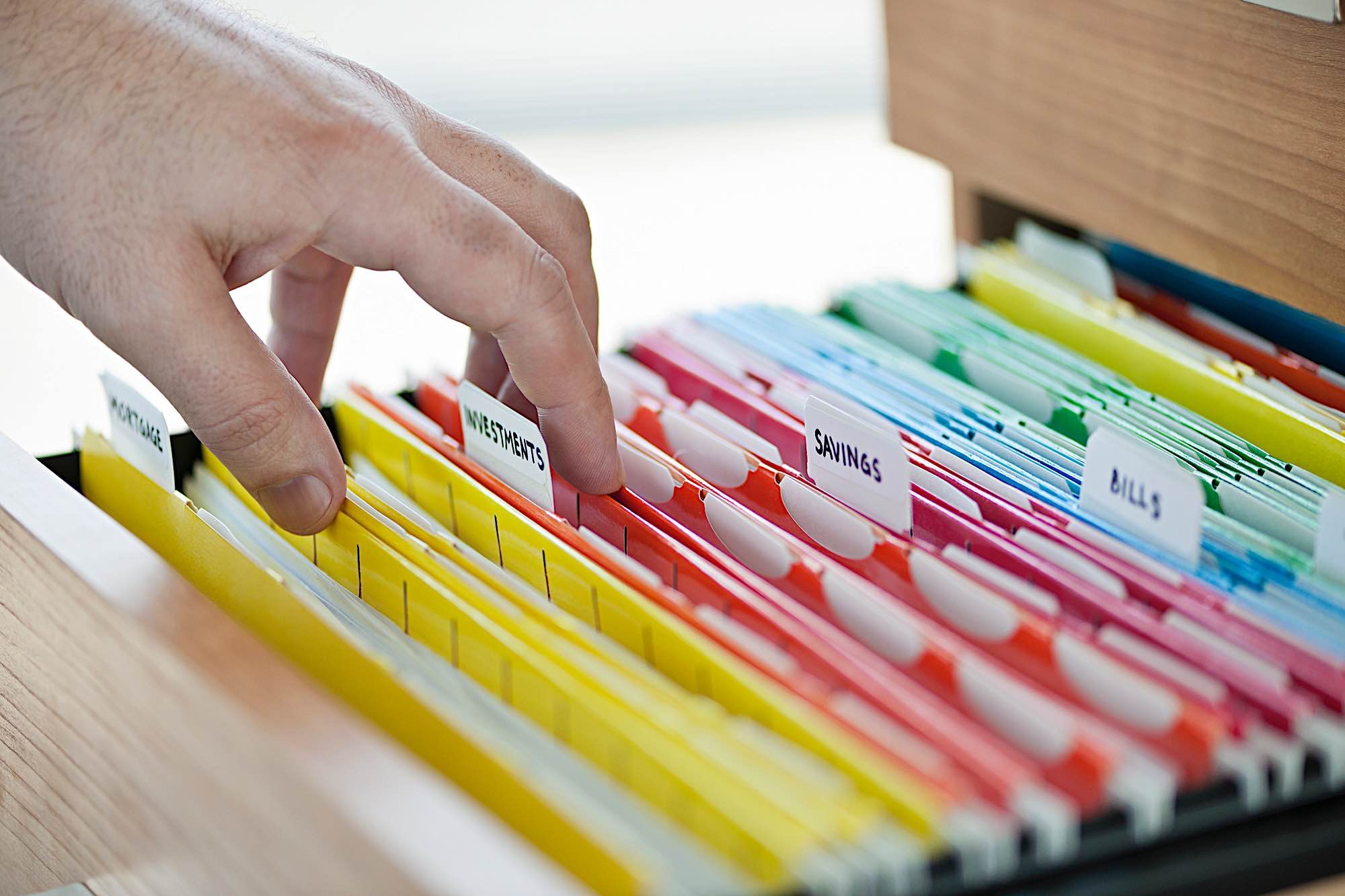It is important to recognize that real estate investing is a business. Like any other business there are systems, policies and procedures that must be followed. The biggest problem most new investors have is organization. Even if you only invest part time you need to stay on top of everything you are doing. Not only will this help your business grow, but it will offer protection in the event of a misstep.
It is not a stretch to say that every document can be critical and business changing. A receipt for plumbing repair may not seem like a big deal, but if there is a disagreement in the service you will be glad you have documentation behind you. The more organized you are, the more smoothly your business will run. Here are five important documents you need to be able to retrieve in a moments notice.
- Current purchase contracts. With the way current technology is there is no excuse not to be able to quickly retrieve an important document. It is not enough to have a physical copy of something at your office. You need an electric copy of it on file as well. The first set of important documents are your existing purchase contracts. Simply put, every contract you submit, whether it is accepted or not, should have a dedicated file. If, and when, it is accepted you can move it over to another file. You will be surprised at how many deals you will get by following up on properties where your initial offer was rejected. You should have a system in place for following up every few weeks. Without having these contracts on file, it is easy to dismiss, or forget, them all together.
- Leases. Every landlord needs to have a copy of their lease easily accessible. Your lease will help you quickly solve disputes, issues, rules and concerns. If the lease is in a drawer somewhere in your office, you cannot handle these problems in a timely manner. Generally speaking the longer a problem goes unresolved the worse it becomes. Every property may have a different lease. You can have the same basic principles, but there may be subtle differences depending on the location, property and condition. You never want to make a decision based on an assumption. If you can’t put the lease in a folder on your phone you should send yourself an emailed copy, so you have it in your inbox. With the amount of time we are on our phones and away from a dedicated office, this is more of a necessity than a luxury. You can bet that at least once a month you will get a call or text about something in your rental property. Don’t wait to provide an answer. Have your lease on your phone ready to go.
- Insurance policies. When is the last time you really looked at your insurance policy? With the annual insurance escrowed in your monthly loan payment the odds are you may not even know what the yearly amount is, let alone know what is on your policy. It is only when something negative happens to the property do we give our insurance a real glance. In a perfect world you would review your insurance every six months to know exactly what coverage you have. Regardless of where you live, weather often plays an important role. Whether it is fire, flooding, hurricanes or regular property damage you need to know what is covered, and for how much. Paying a little more per month is worth it in the grand scheme of property ownership. Your policies shouldn’t be something you throw in your “rental property” folder and ignore. If you can’t find them, you can’t take the time to review them when motivation strikes.
- Business systems, policies. Every good real estate investor has business systems, practices and policies they need to follow. If you took the time to write them down, you need to know where they are. Desktop files have a way of disappearing from time to time. Your important policies for deal acquisition, lease turnover and business practices must be available when you need them. As any good investor knows deals often happen in a moments notice. Sellers will not wait for you to find your checklist and go through it at your schedule. If you don’t have it on hand when a deal comes your way, you will miss out and kick yourself later.
- Partnership agreements. Any good partnership has a written agreement. Sure, verbal agreements can be seen as a sign of trust, but real people in business knows that unexpected items can happen at any time. Regardless if you plan on working together on an isolated transaction or are seeking a long-term commitment you should have a formal agreement in writing. This agreement should be on your desktop, in your email and in the top drawer of your desk in your office. Prior to making an offer you should review the agreement to make sure it is something you are comfortable with. The agreement will act as your guide and you should know how to retrieve it at any time.
The method in which you retain your key documents is critical. Always know how and where to find these five key business documents.







